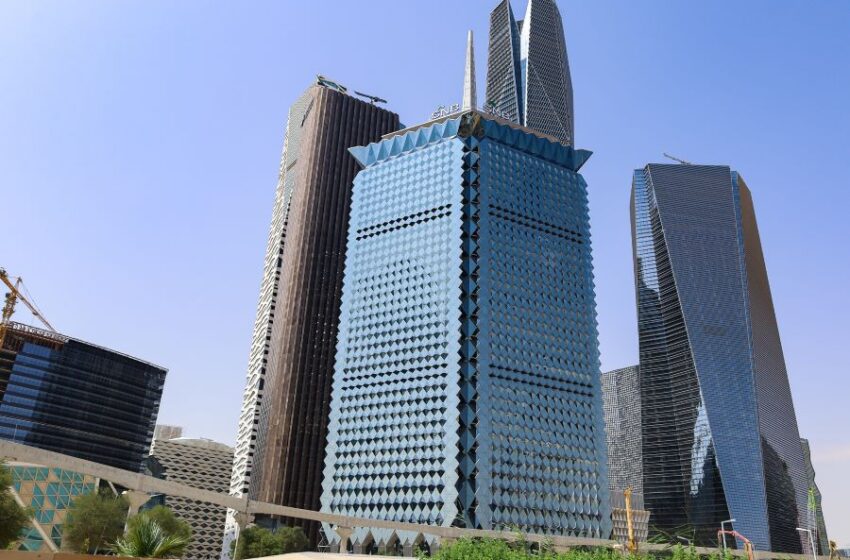
UAE Hospitality Sector Reports Substantial Growth in H1-2024
The UAE’s hospitality sector showed substantial growth in H1 2024 with Dubai recording a 9.9% y-o-y increase in international visitors, which rose to 8.12 million while Abu Dhabi reported 21.4% y-o-y growth in hotel guests, which reached a total of 2.18 million, CBRE, the global leader in commercial real estate services and investments, said.
In its latest report entitled “2024 Global Midyear Hotels Outlook,” CBRE said that hotel performance has been solid, with H1 of 2024 occupancy and RevPAR in the UAE standing at 5% and 30% above H1 of 2019 levels, respectively.
“The first half of the year witnessed improved hotel operational performance in almost every major city across the GCC region. Regulatory changes in the UAE and continued announcements of tourism-related megaprojects in Saudi Arabia will underpin performance in the short to medium-term,” the report said.
Wynn’s 2022 announcement of the Wynn Al Marjan Island integrated resort in the UAE has proven to be a key milestone for the regional hotel market. Envisaged to be the first official gaming establishment in the GCC, it will not only stimulate visitation, but further diversify the emirates’ demand base, making the UAE less susceptible to exogenous demand shocks, the report said.
Even Saudi Arabia’s tourism sector is undergoing rapid transformation as the Kingdom’s sovereign wealth fund – Public Investment Fund (PIF) – and its subsidiaries continued to launch new initiatives to develop the industry.
Given that each PIF entity has a strong brand identity and key elements of differentiation, it is expected to see the inbound leisure segment evolve dramatically from its current state as these developments come to market.
Beyond these factors, Saudi Arabia will be hosting numerous high-profile events that will boost tourism and hotel demand over the coming decade. These include the 2029 Asian Winter Games, Expo 2030, and the 2034 FIFA World Cup.
“Hotel occupancy in Saudi Arabia now stands 3.8 percentage points above the H1 of 2019 level. RevPAR has grown even more vigorously, up 44% over the same period. These numbers are expected to rise further as the public and private sectors collaborate to transform the country’s tourism landscape,” the report said.
After continued strong growth in H1 of 2024, CBRE said that the outlook for the Middle East’s hotel and tourism industry remains positive. The first half of the year witnessed improved hotel operational performance in almost every major city across the GCC).
Americas
In the US hospitality sector, CBRE forecast that the RevPAR was growing by 1.2% in 2024, down from its earlier expectation of 2% growth. Despite the reduced full-year expectations, RevPAR growth is expected to improve in H2 of 2024, increasing by 2% versus just 0.5% in H1 of 2024.
The second-half growth expectations are underpinned by demand from the US election-related events, easier prior-year comparisons, more inbound international travellers, widely anticipated interest rate cuts; and a slight uptick in group and business travel.
The outlook for Northern Latin America (Colombia, Costa Rica and Mexico) remains strong, with occupancy in Costa Rica this year expected to surpass its 2019 level of 67%, the report said.
In Colombia, an improving economy, lower inflation, interest rate cuts, and government initiatives to bolster the hospitality sector could potentially attract more than 6 million tourists this year. Tourism in Mexico is expected to remain strong, attracting foreign investors and boosting the country’s status as a leading global tourism market.
Europe
Coming to Europe, its hotel and tourism sectors are poised for continued expansion, albeit at a more modest pace than in recent years.
CBRE expects healthy growth for key European gateway cities, backed by more inbound global visitors and corporate travel. Luxury and resort locations will outperform other segments, reflecting high-income travellers’ preference for personalised experiences and reduced macroeconomic headwinds.
“However, after strong gains in 2023, RevPAR growth is expected to decelerate to around 5% in 2024, with the reduction primarily due to the softening US demand,” CBRE said.















